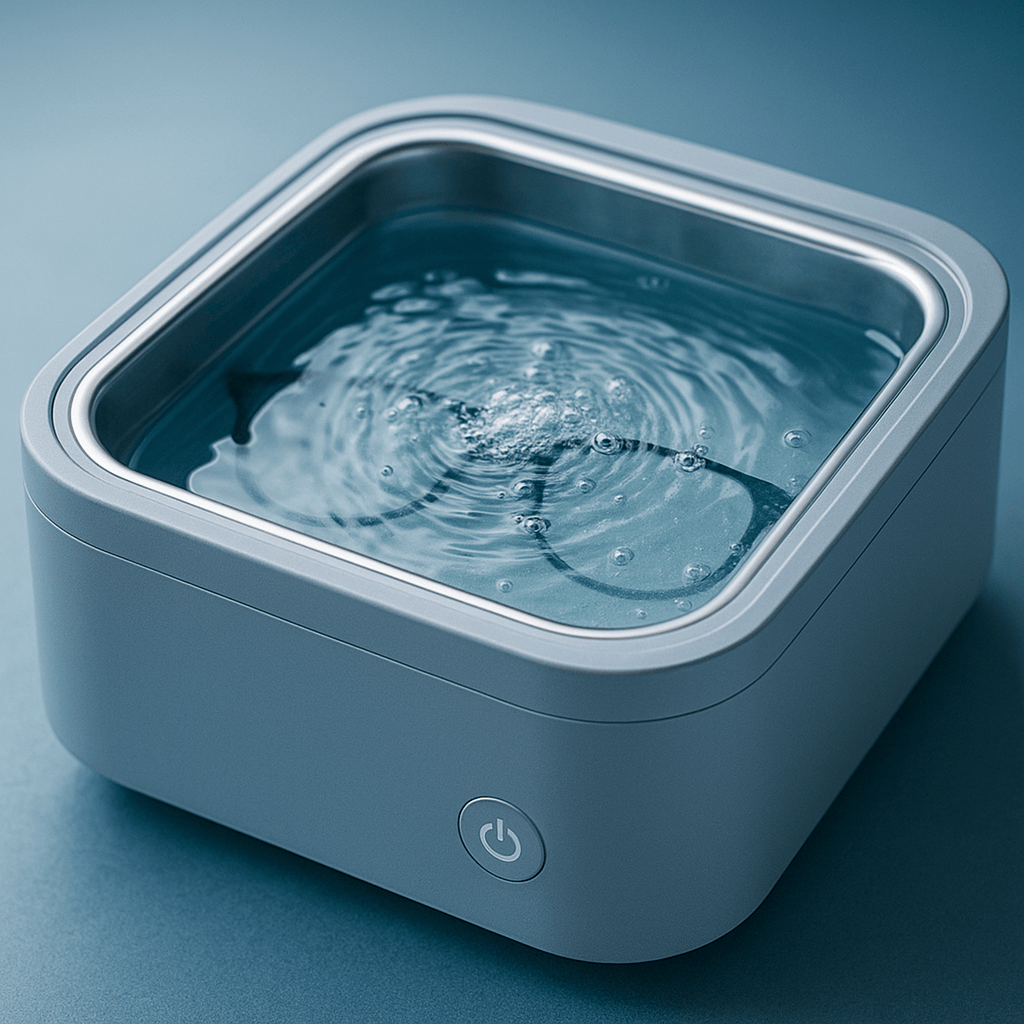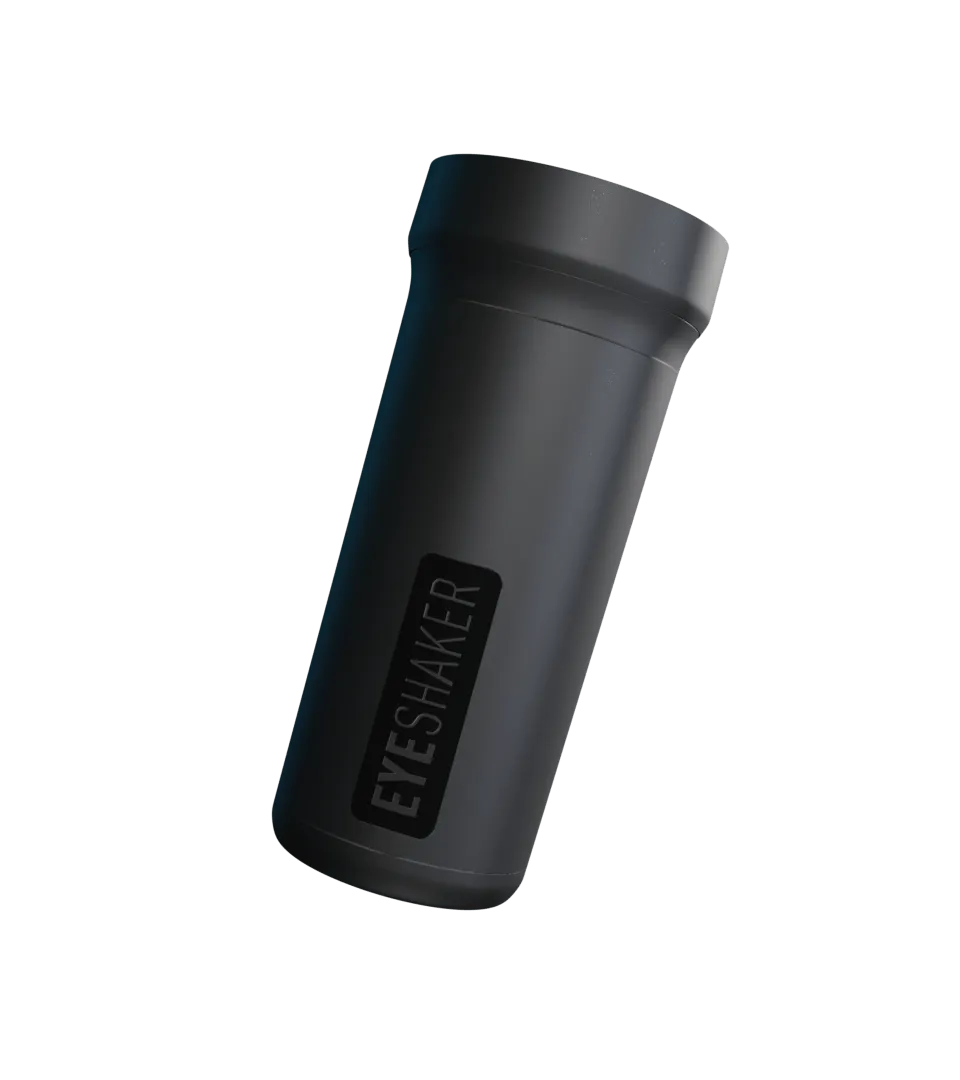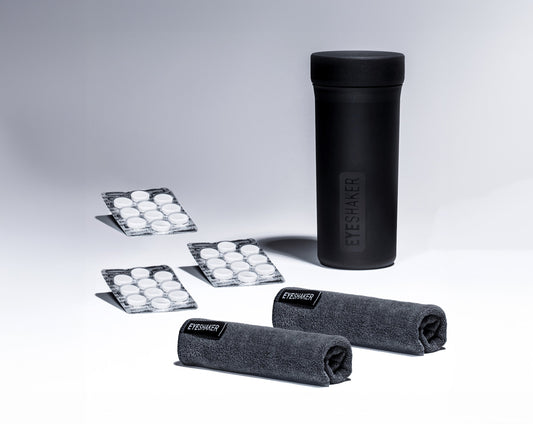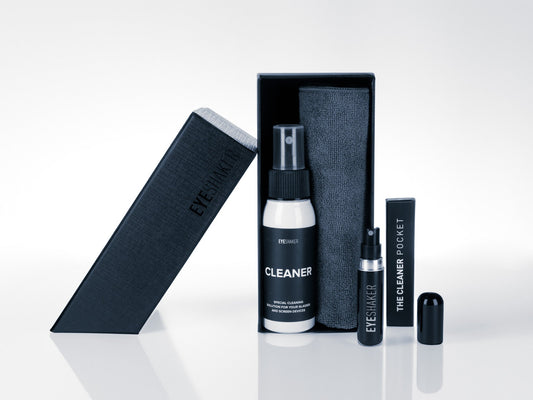
Cleaning glasses with ultrasound: How useful is it really?
Ultrasonic devices are often advertised as a "high-tech solution" for cleaning glasses. They provide a thorough clean – but not every pair of glasses can tolerate this method. Before you invest, you should know how the technology works, what risks are involved, and when it's worthwhile to use it.
How does an ultrasonic cleaner work?
Ultrasonic devices work with high-frequency sound waves that create tiny bubbles in the cleaning fluid (cavitation). These bubbles implode and remove dirt, even from hard-to-reach areas such as hinges or nose pads. The cleaning process usually takes 2–5 minutes.
Correct application
- Fill the device with recommended cleaning fluid or water
- Insert glasses carefully (no contact between lenses and metal parts of the device)
- Start cleaning cycle, duration 2–5 minutes depending on model
- Remove glasses, rinse with water and dry with a microfiber cloth
How often should you clean?
Experts recommend ultrasonic cleaning only occasionally —no more than once a week. More frequent use can damage delicate coatings or frame materials.
Advantages
- Thorough cleaning even in hard-to-reach places
- Fast cycle (often under 5 minutes)
- No mechanical friction on the glasses
Disadvantages & risks
- Not suitable for all materials (plastic lenses, colored coatings, laser engravings)
- Incorrect or excessive use can damage coatings
- Devices are often loud, large and expensive
- Regular maintenance and cleaning of the device is necessary
When ultrasound is not useful
If you want to clean your glasses daily or several times a week, ultrasonic cleaning is often impractical. More flexible and gentle solutions are a better choice in this case.
Safe alternatives
- Cleaning Tabs – gentle, effective and suitable for everyday use
- Cleaning Kit – for home
- The Cleaner Pocket – clear view everywhere
- “I want it all” bundle – complete equipment
- Bundle “The Cleanest Year” – Long-term solution
Conclusion of a master optician
Ultrasound can be a useful addition in certain cases—but only if the material and coating are suitable. For everyday use and frequent cleaning, specialized eyeglass cleaners offer a more flexible, safe, and uncomplicated solution.



